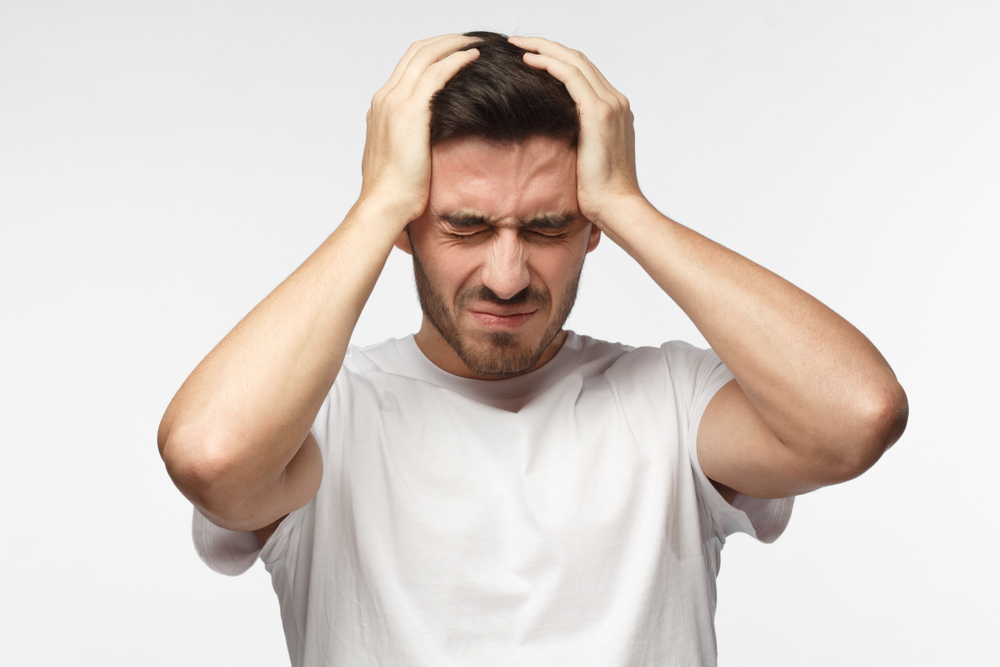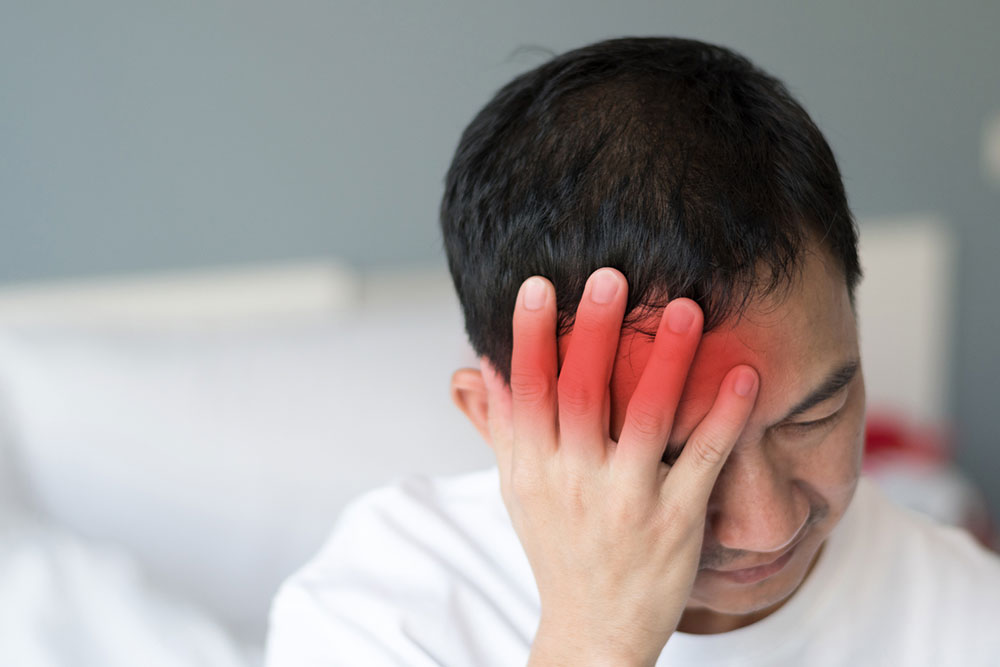Top 14 Strategies to Alleviate Migraine Pain
Discover 14 practical and effective strategies to manage and prevent migraines. From lifestyle adjustments and natural remedies to medications, this guide offers comprehensive tips to ease migraine pain and improve quality of life. Consult healthcare professionals before starting any new treatment plan to ensure safety and effectiveness.

Top 14 Strategies to Soothe Migraine Discomfort
One in six individuals suffer from migraines, with women being more affected. The intense throbbing pain can significantly impact daily life. Migraines are neurobiological conditions with multiple simple remedies. Understanding these approaches can help manage symptoms effectively.
Managing Triggers to Prevent Attacks
If migraines occur frequently, identify and avoid potential triggers by tracking patterns and environmental stimuli.
Hormonal Fluctuations
Reduced estrogen levels, especially before menstruation, may trigger migraines. Consult a doctor about safe hormonal treatments.
Alcohol Consumption
Alcohol may provoke migraines in sensitive individuals—try alternative drinks like vodka if beer triggers your symptoms.
Meal Regularity
Skipping meals causes blood sugar drops, leading to migraines. Eat every three hours and include proteins to maintain steady blood glucose levels.
Caffeine Intake
Excessive coffee consumption may cause withdrawal headaches. Limit intake to about 8 ounces daily to prevent migraine onset.
Sleep Hygiene
Irregular or insufficient sleep can trigger migraines. Maintain a consistent sleep schedule for better management.
Natural Remedies and Lifestyle Changes
These non-pharmaceutical options can help reduce migraine frequency and severity:
Ice Therapy
Apply ice packs to minimize inflammation and tension.
Supplements
Vitamin B2 (Riboflavin) and CoQ10 have shown promise in preventing migraines, especially with regular use over several months.
Relaxation Methods
Massage, reflexology, Tai Chi, and yoga promote relaxation, easing migraine pain.
Herbal Treatments
Herbs like butterbur and feverfew may support healthy blood flow and reduce headache frequency, but consult a healthcare professional first.
Acupuncture
Studies suggest acupuncture can offer lasting relief comparable to conventional medications without side effects.
Medicinal Options for Migraine Relief
Triptans
Prescription drugs such as Imitrex and Relpax effectively stop migraines but may cause rebound headaches if misused.
Beta-Blockers & Anti-hypertensives
Originally for heart issues, medications like propranolol prevent migraines but must be used cautiously to avoid adverse effects.
Anti-seizure Drugs
Medications such as Topiramate can halve migraine frequency but may have side effects like drowsiness.
Antidepressants
SSRIs and tricyclics help regulate serotonin levels during migraines, providing relief and raising pain thresholds, mainly for those with depression or anxiety.
Consult your healthcare provider for guidance before starting any treatment. Effective management makes migraines more manageable.
Note:
The information shared here aims to offer helpful insights across various categories. It should not replace medical advice. Always seek professional guidance for diagnosis and treatment options, and be aware that some suggestions may not suit everyone.










